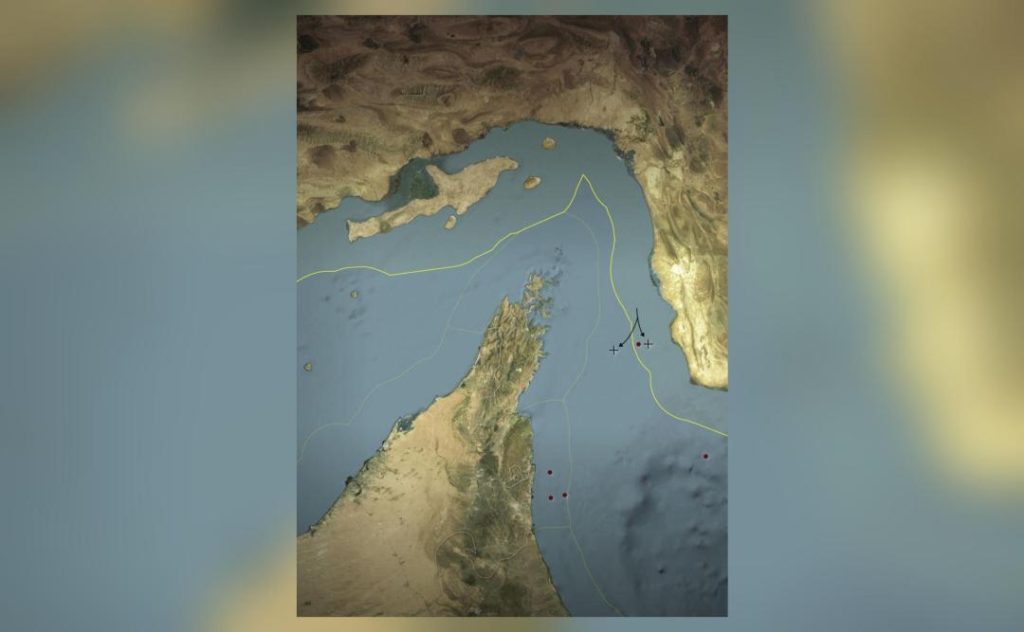
How May India Work Around Iran’s Closure of the World’s Most Critical Oil Corridor?
The recent tensions between Iran and the United States have led to a significant development in the global energy landscape. Iran’s Parliament has approved the closure of the Strait of Hormuz, considered to be the world’s most critical oil corridor, following the US strikes on Iranian nuclear sites. This move has sent shockwaves around the world, and India, one of the largest importers of crude oil, is no exception.
India’s energy security is heavily reliant on imports, and the Strait of Hormuz plays a crucial role in the transportation of crude oil to the country. However, India has already diversified its imports, allowing it to explore alternative sources of oil to work around the strait’s closure. In this blog post, we will explore India’s options and how it can mitigate the impact of the Strait of Hormuz’s closure.
India’s Diversified Oil Imports
India has been working to diversify its oil imports for several years, and this crisis has provided an opportunity for the country to accelerate its efforts. India has already started importing oil from Russia, the United States, and Brazil, reducing its dependence on Middle Eastern oil.
In 2022, India imported 1.1 million barrels per day (mb/d) of oil from Iran, which was approximately 10% of its total oil imports. However, with the closure of the Strait of Hormuz, India is no longer reliant on this route. Instead, it can opt for alternative routes, such as the Russian Arctic, the United States’ West Coast, and Brazil’s Paranaguá.
Russian Oil Imports
India has been increasing its oil imports from Russia in recent years. In 2022, Russia became India’s third-largest oil supplier, accounting for around 6% of India’s total oil imports. India’s state-owned oil companies, such as Indian Oil Corporation (IOC), Hindustan Petroleum Corporation Limited (HPCL), and Bharat Petroleum Corporation Limited (BPCL), have been actively exploring opportunities to increase their imports from Russia.
American Oil Imports
The United States has emerged as a significant oil producer in recent years, and India is increasingly looking to import oil from the country. In 2022, the US became India’s sixth-largest oil supplier, accounting for around 3% of India’s total oil imports. India’s oil companies are actively exploring opportunities to increase their imports from the US, particularly from the West Coast.
Brazilian Oil Imports
Brazil is another country that has emerged as a significant oil producer in recent years. India has been increasing its oil imports from Brazil, and the country is expected to become a major oil supplier to India in the future. In 2022, Brazil accounted for around 2% of India’s total oil imports, and this percentage is expected to increase in the coming years.
Qatar: A Key LNG Supplier
India’s dependence on the Strait of Hormuz is not limited to crude oil imports. The country is also a major importer of liquefied natural gas (LNG), and Qatar is its key supplier. However, Qatar does not use the Strait of Hormuz for its LNG exports, instead, it exports LNG through a separate route.
Qatar is India’s largest LNG supplier, accounting for around 20% of India’s total LNG imports. The country’s state-owned gas company, Qatar Petroleum, has been actively exploring opportunities to increase its LNG exports to India. With the closure of the Strait of Hormuz, India’s dependence on Qatar’s LNG exports is unlikely to be significantly impacted.
Conclusion
The closure of the Strait of Hormuz may have significant implications for the global energy landscape, but India is well-placed to mitigate its impact. The country’s diversified oil imports, including its increasing reliance on Russian, American, and Brazilian oil, will help it to reduce its dependence on the Strait of Hormuz. Additionally, Qatar’s LNG exports, which do not use the Strait of Hormuz, will continue to supply India’s energy needs.
In conclusion, while the closure of the Strait of Hormuz may be a significant development, India is unlikely to lose sleep over it. The country’s diversified oil imports and its reliance on alternative routes will help it to navigate this crisis and ensure its energy security.
Source:






